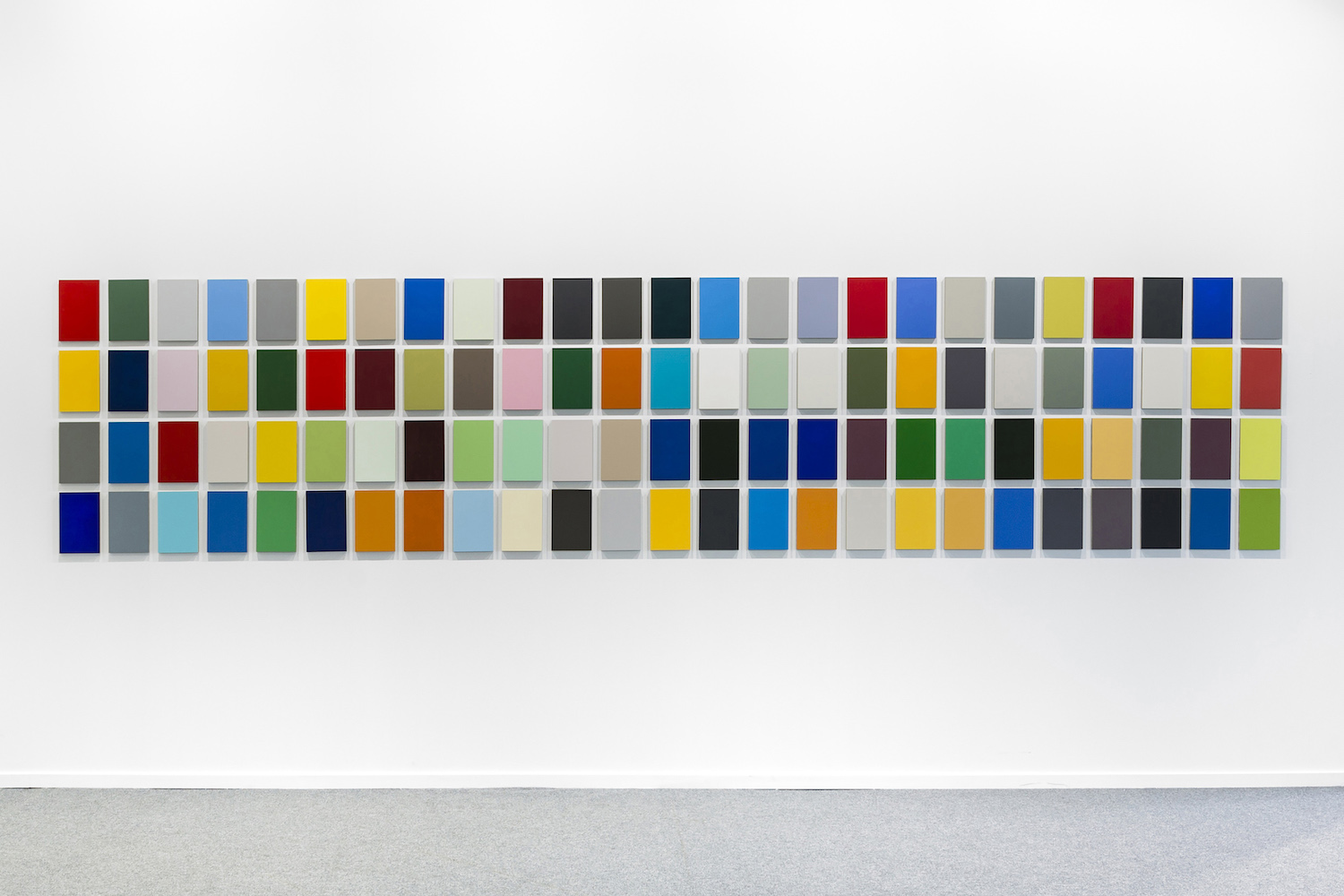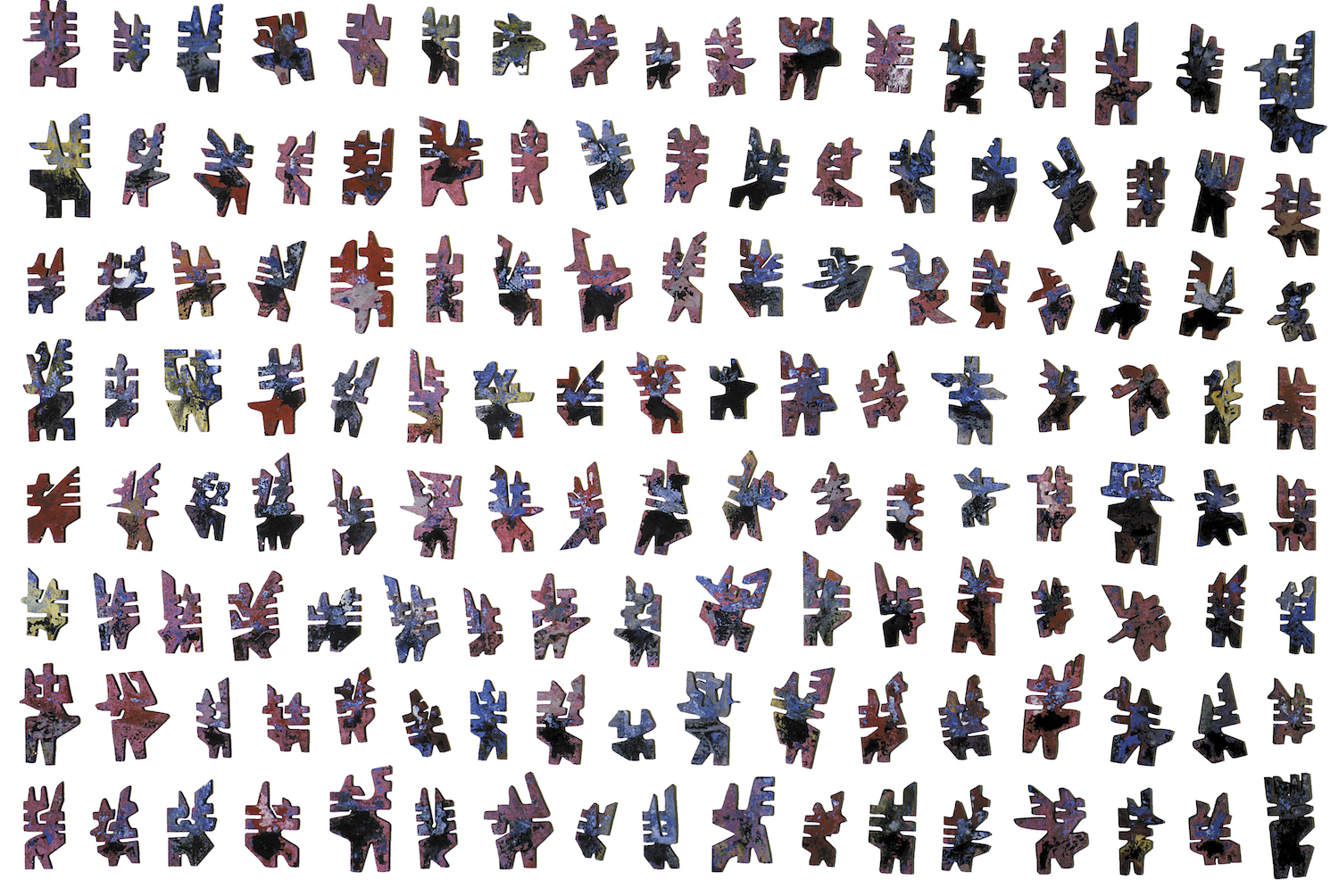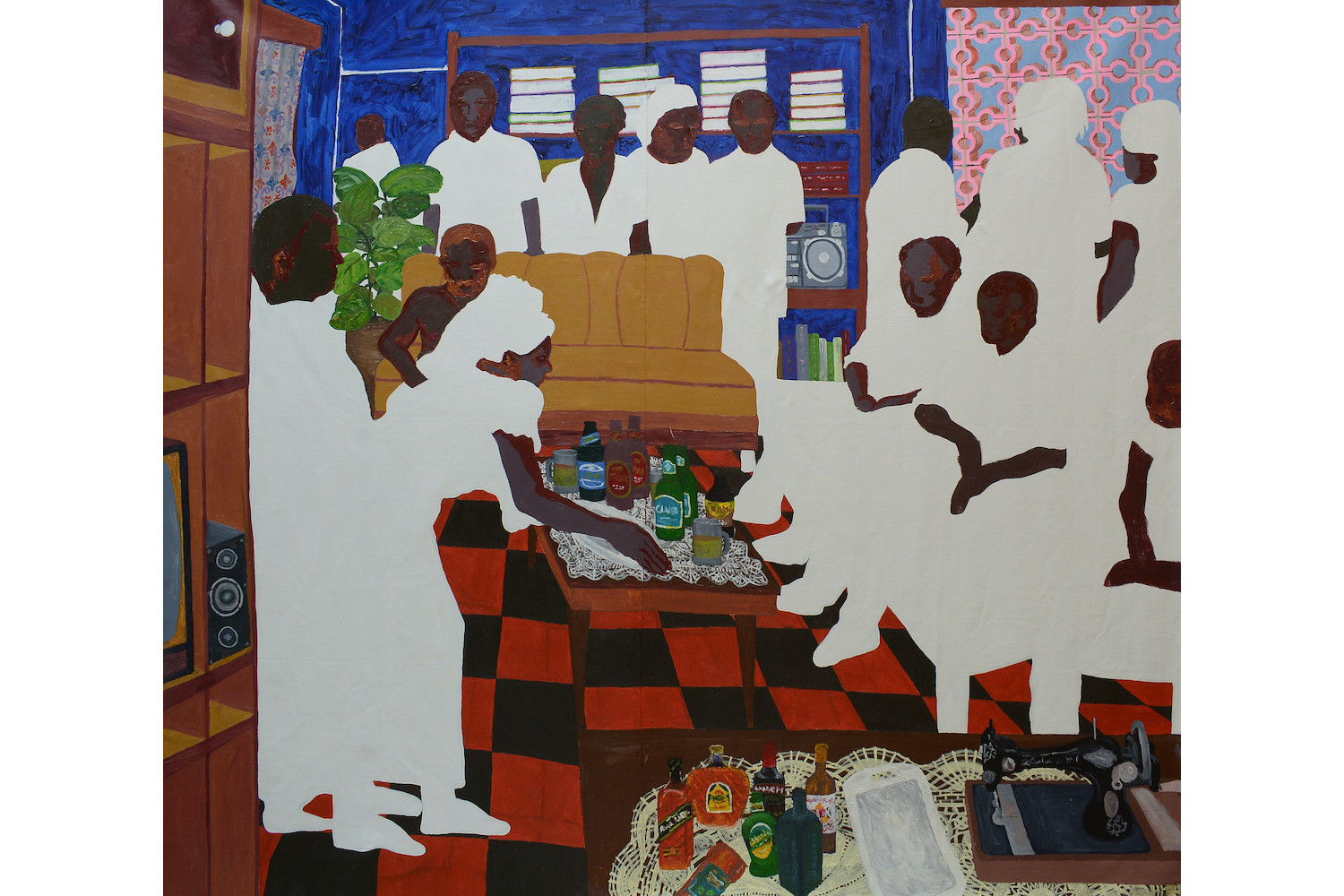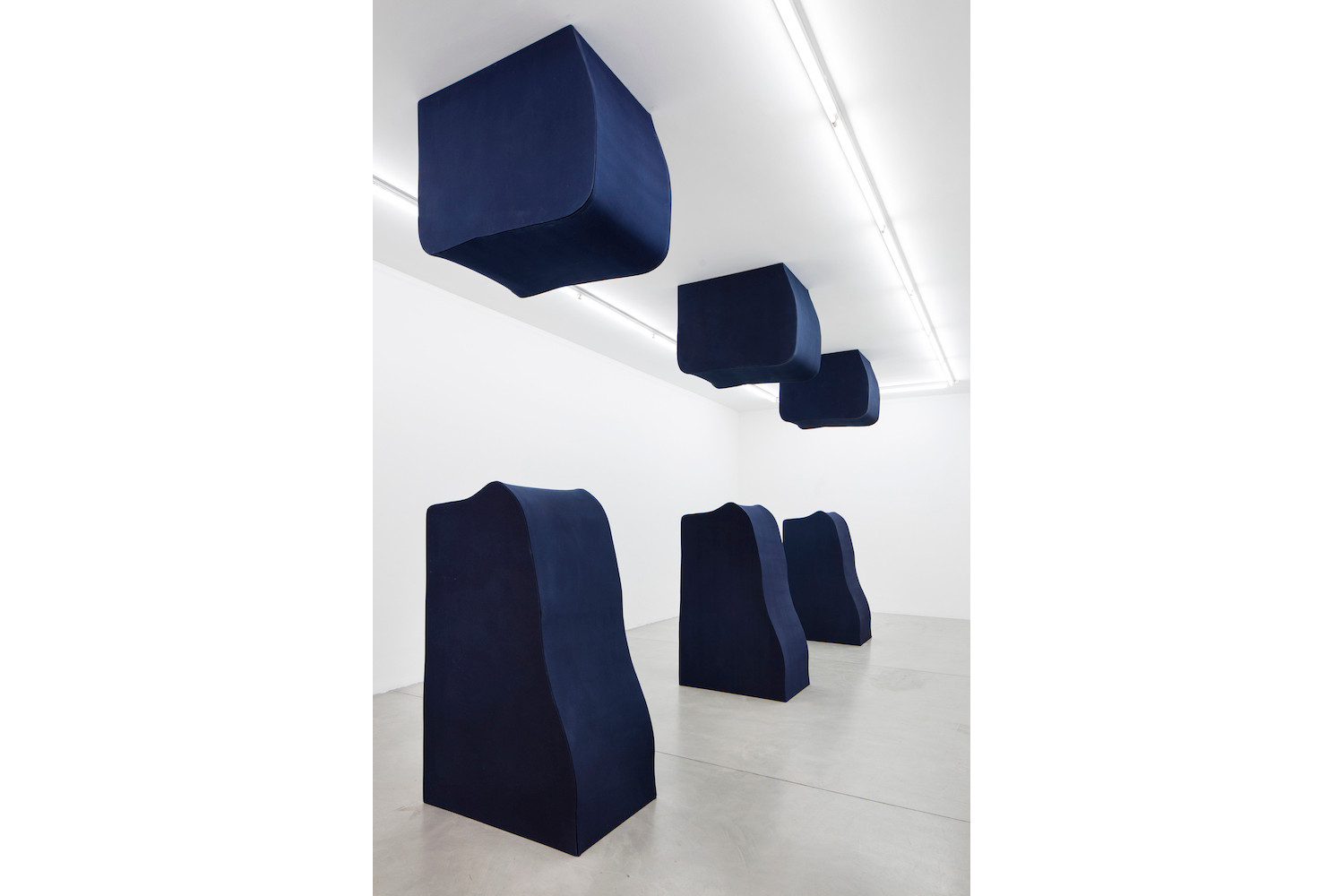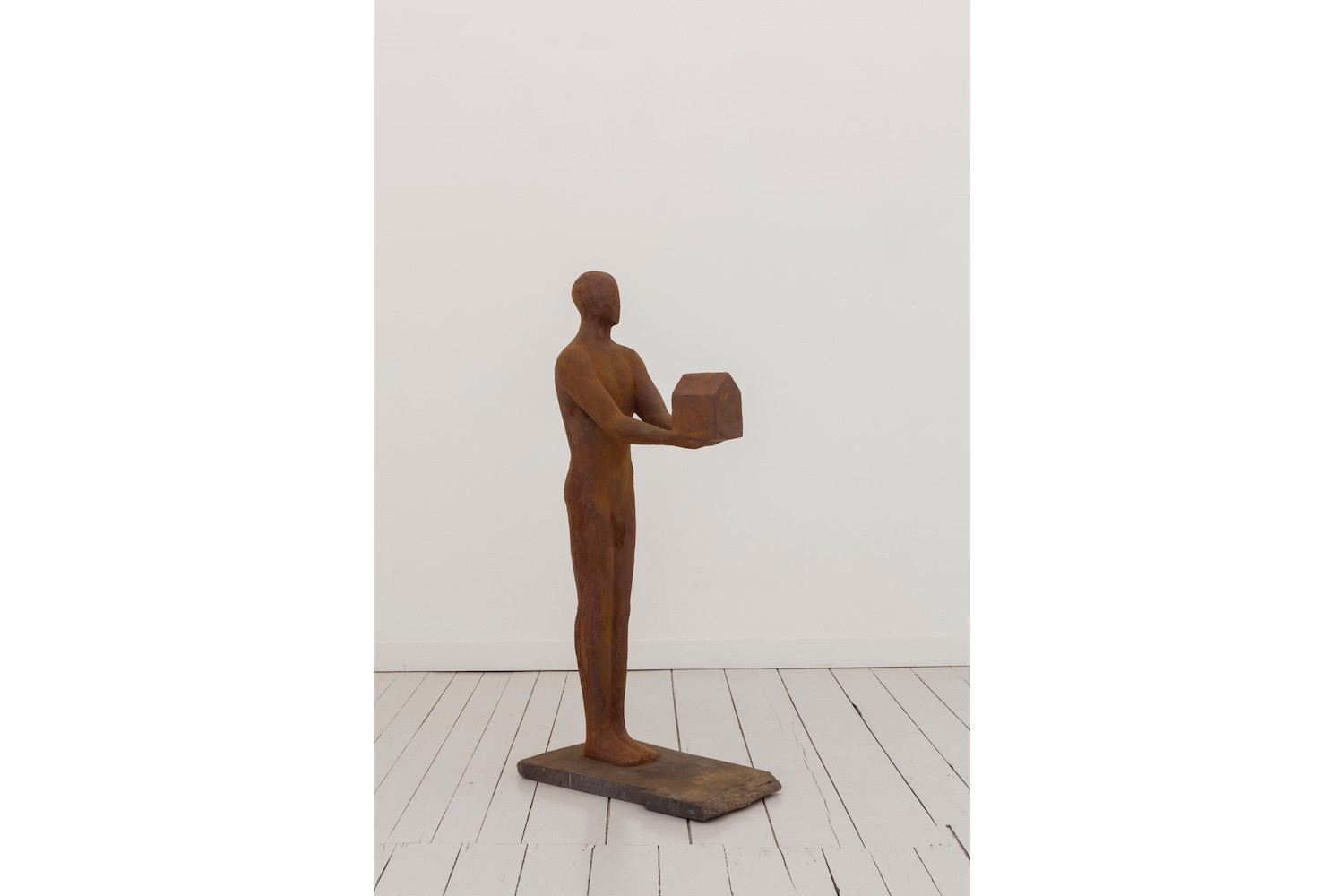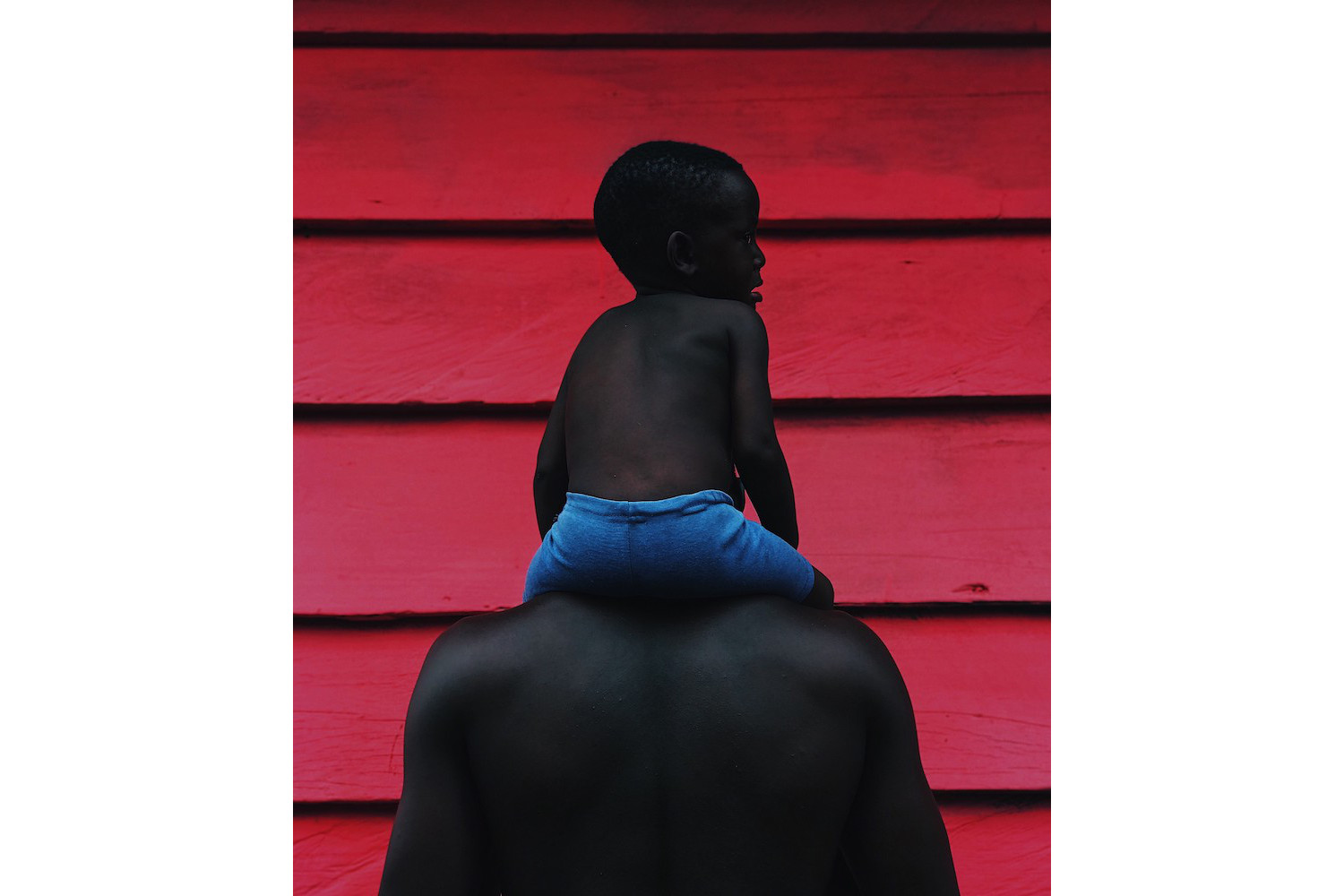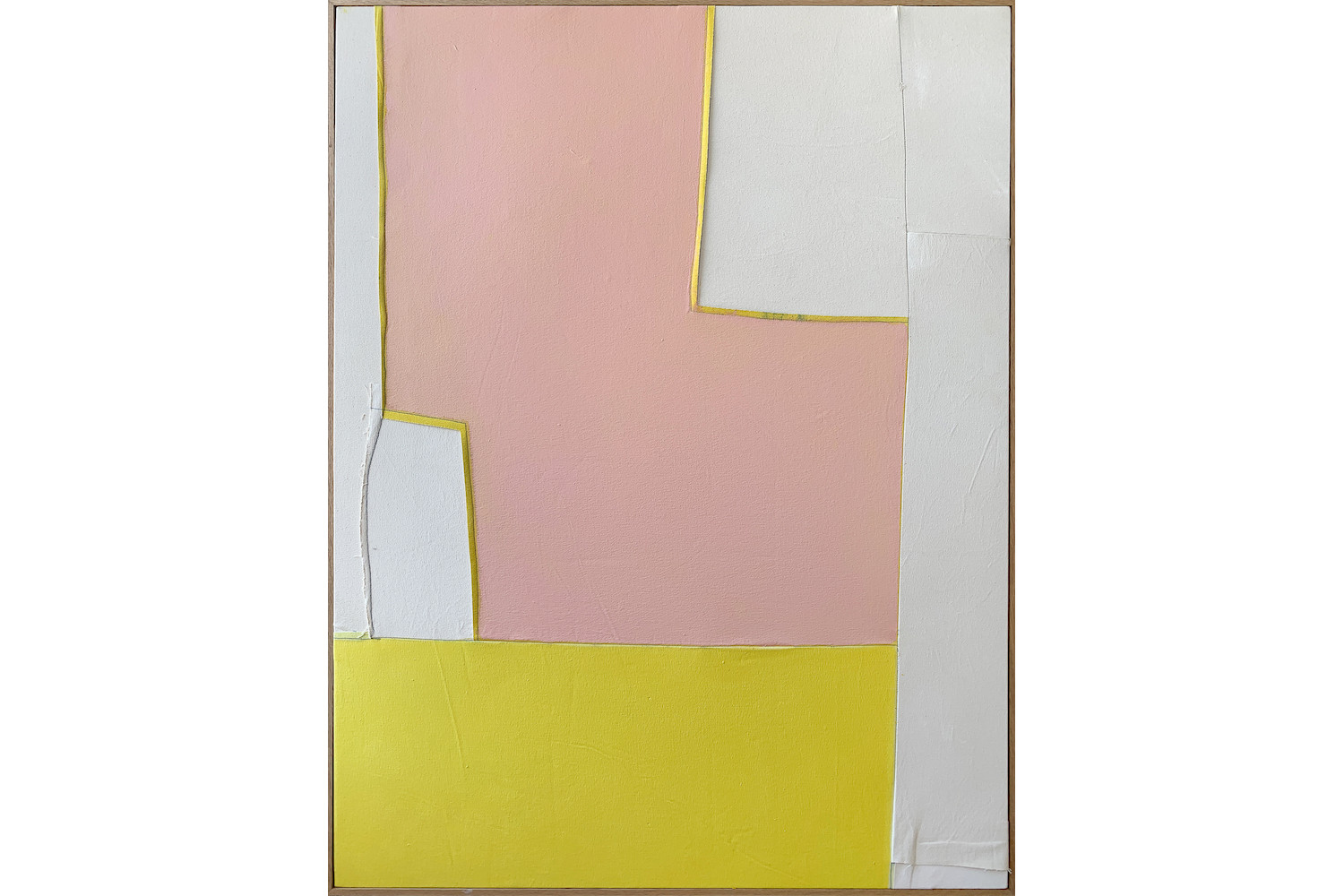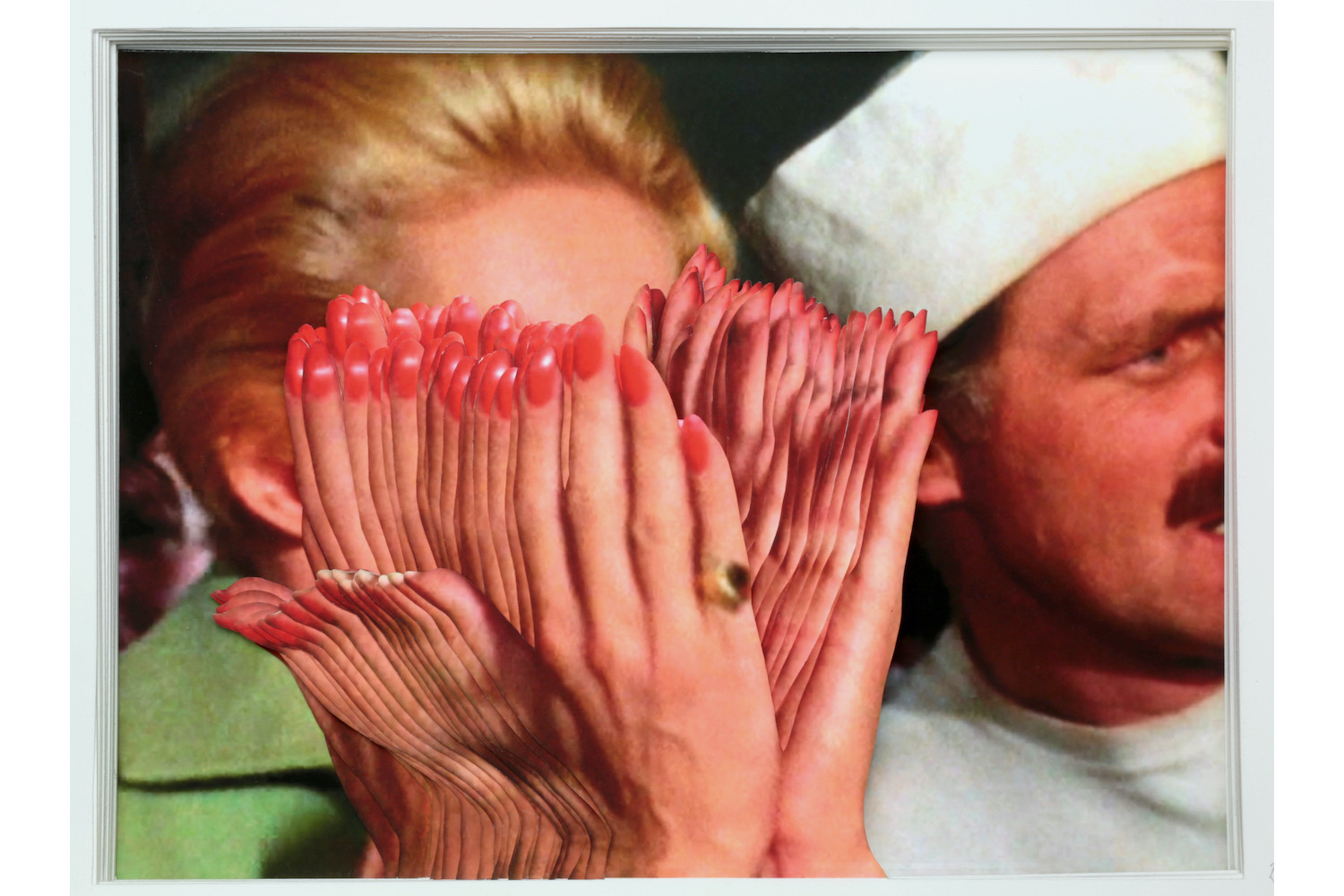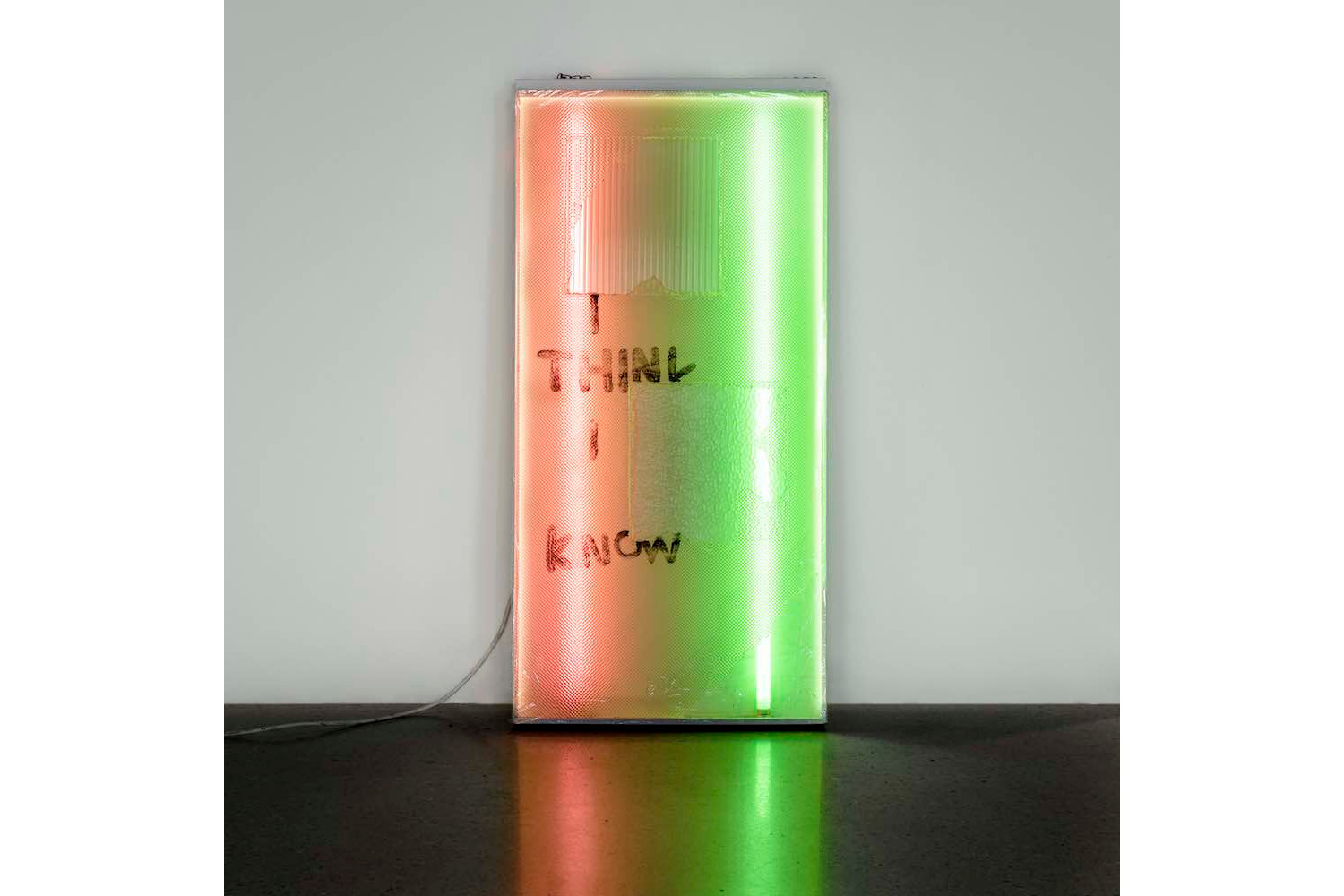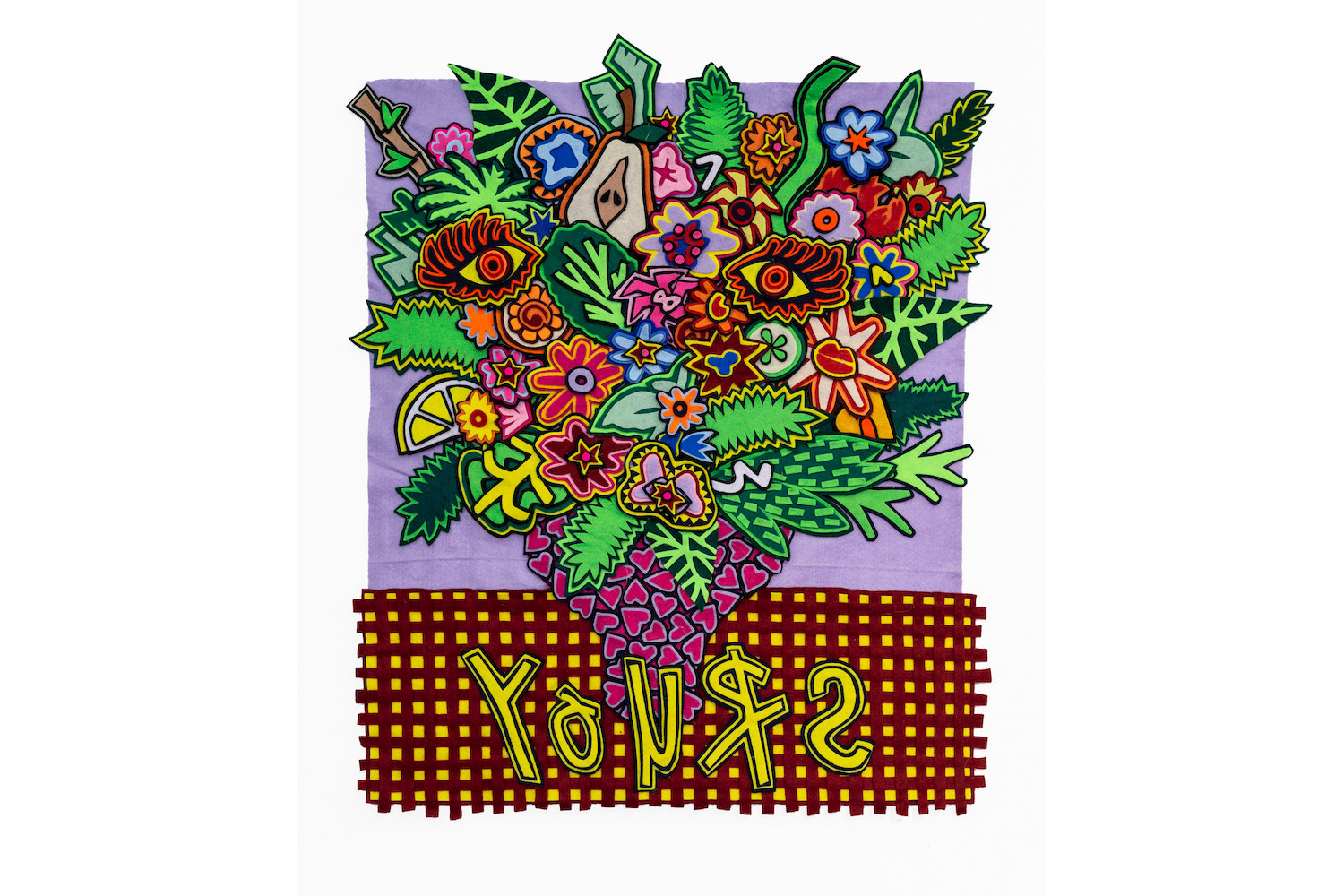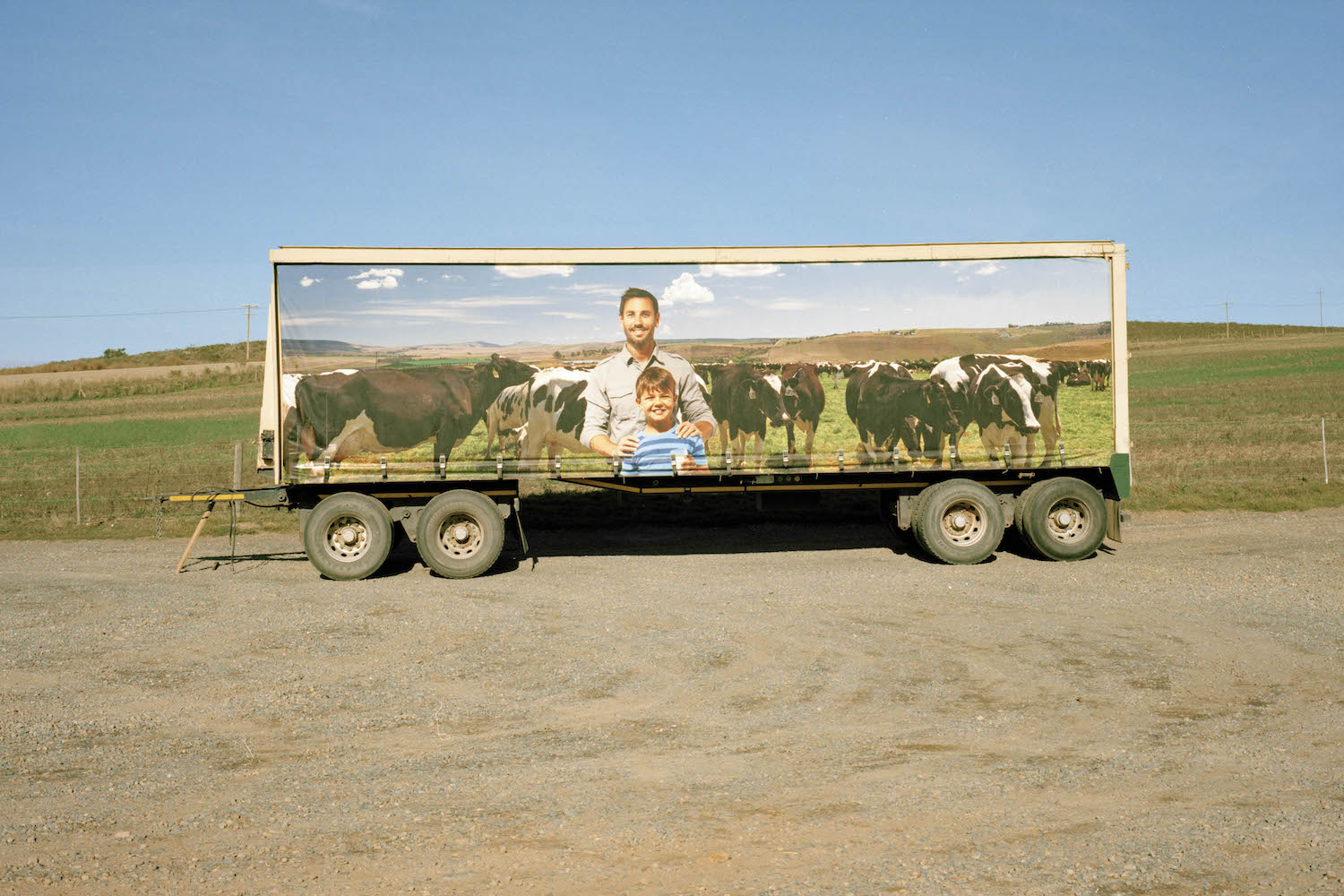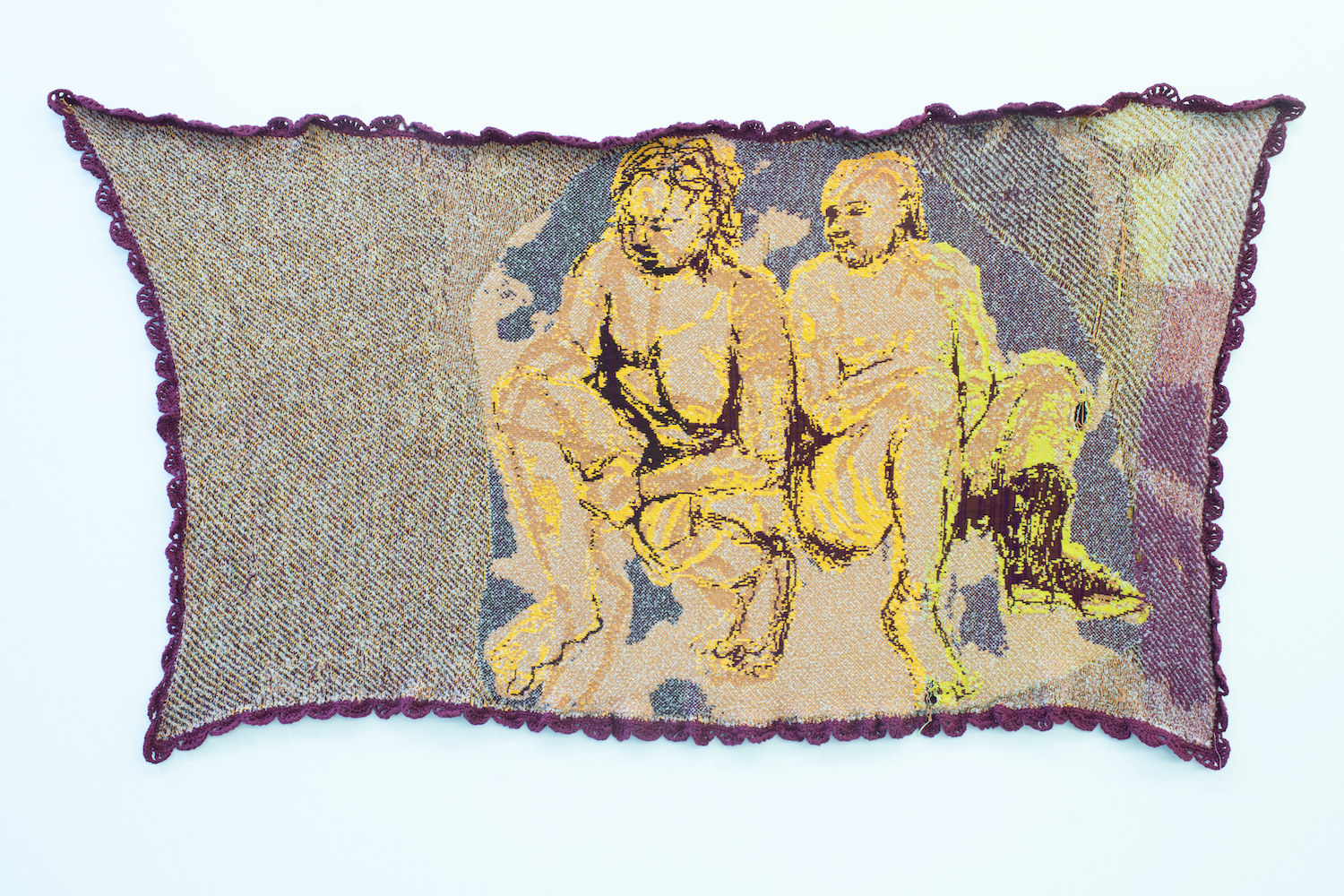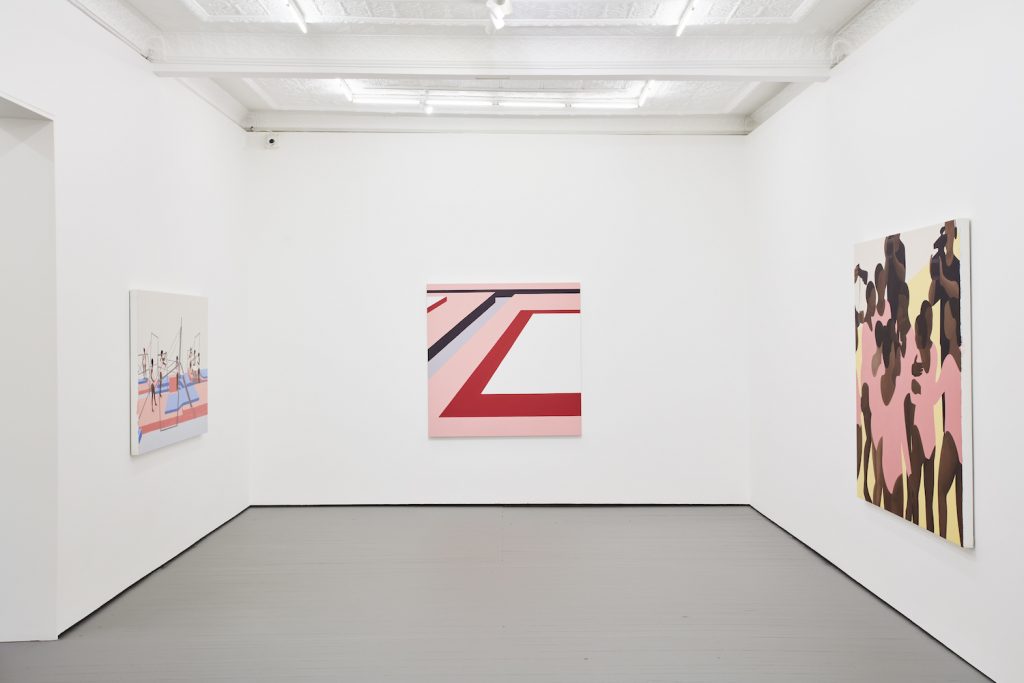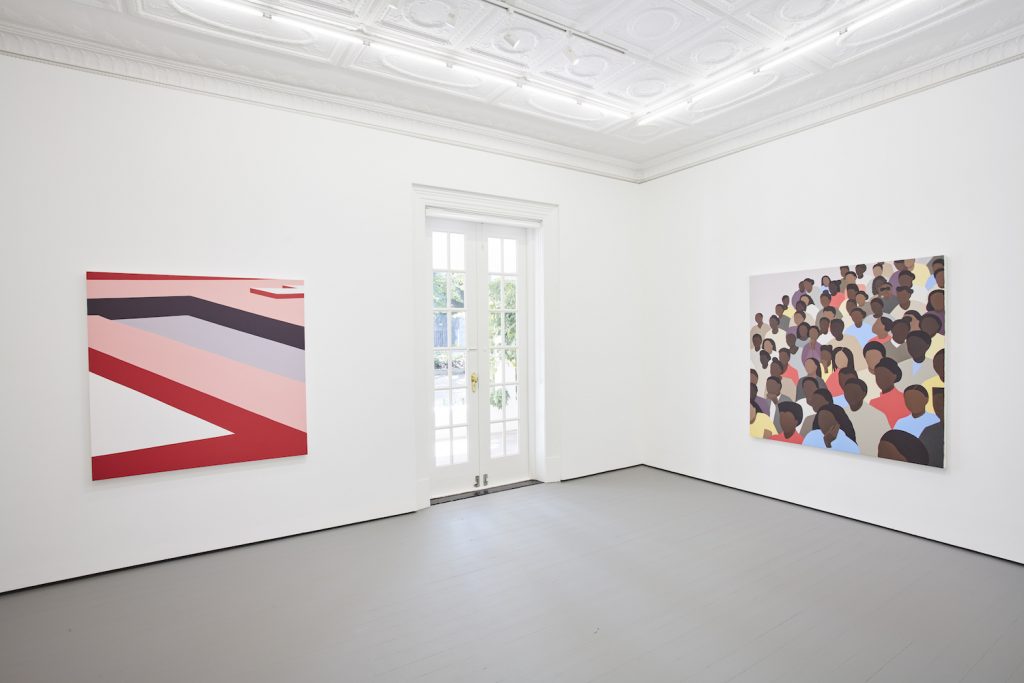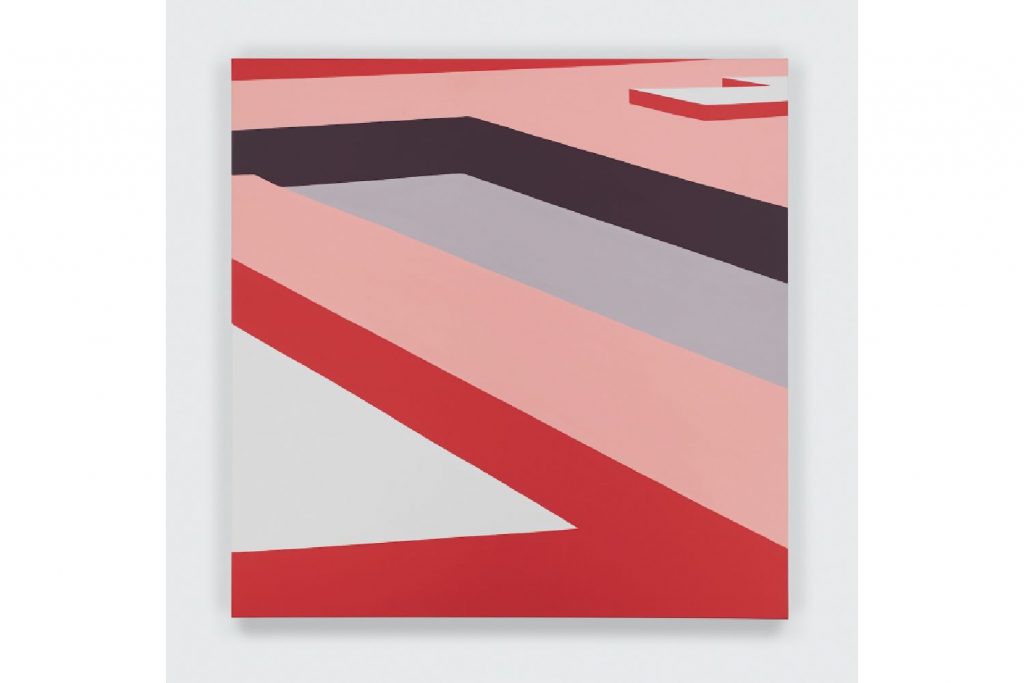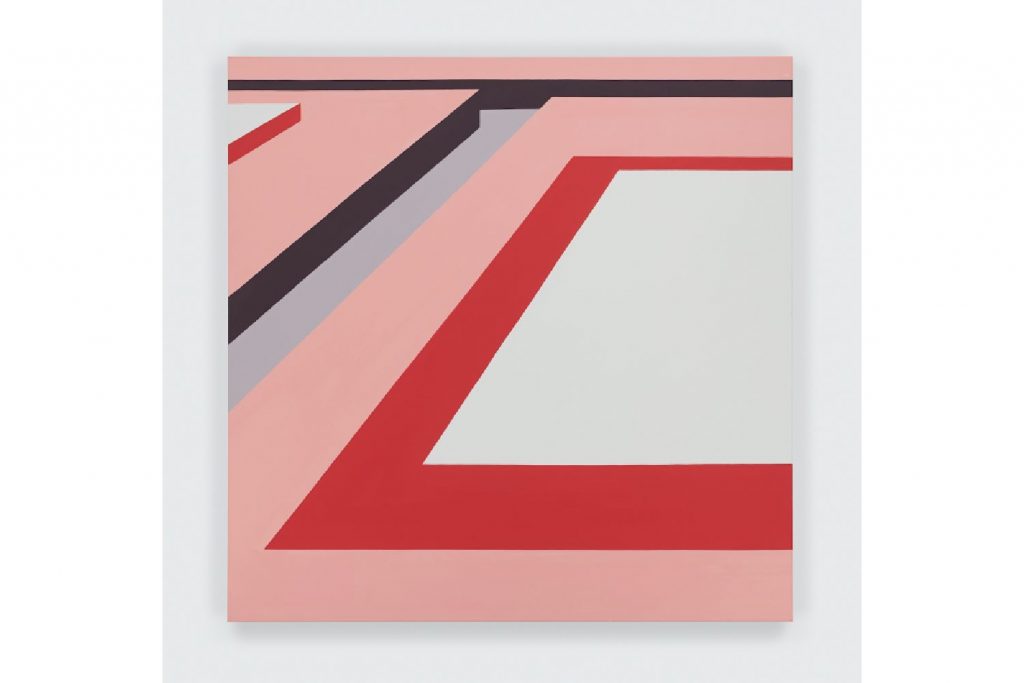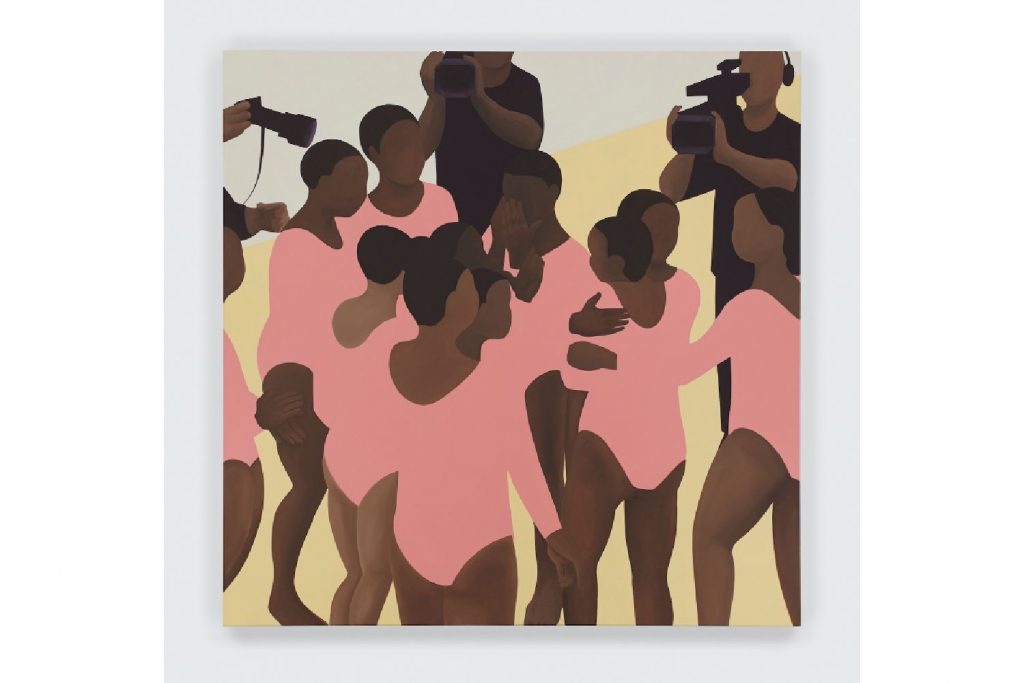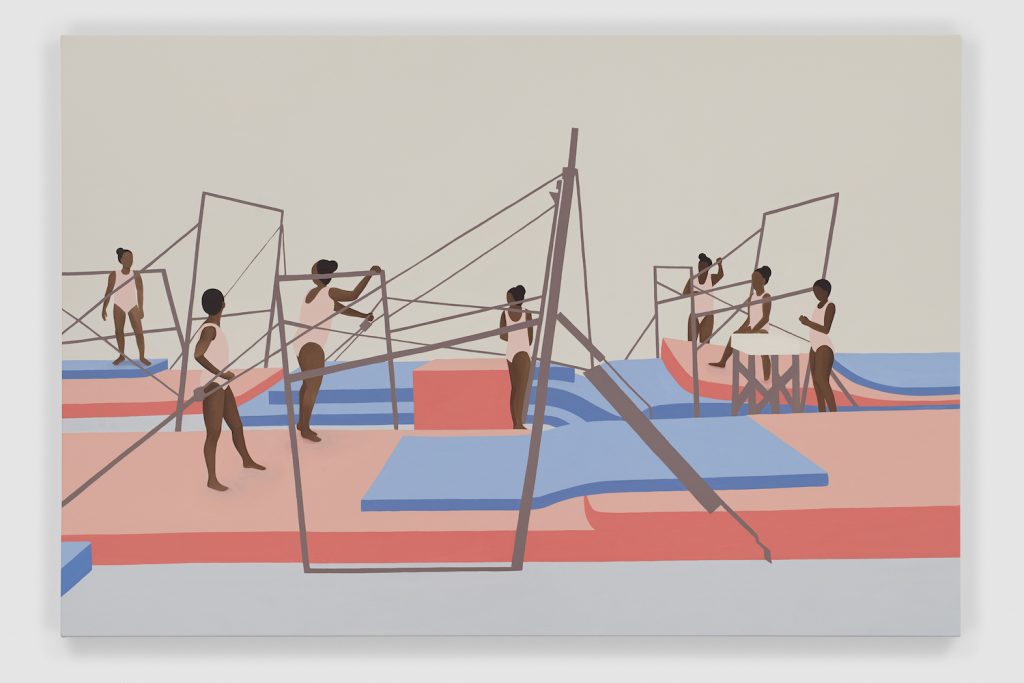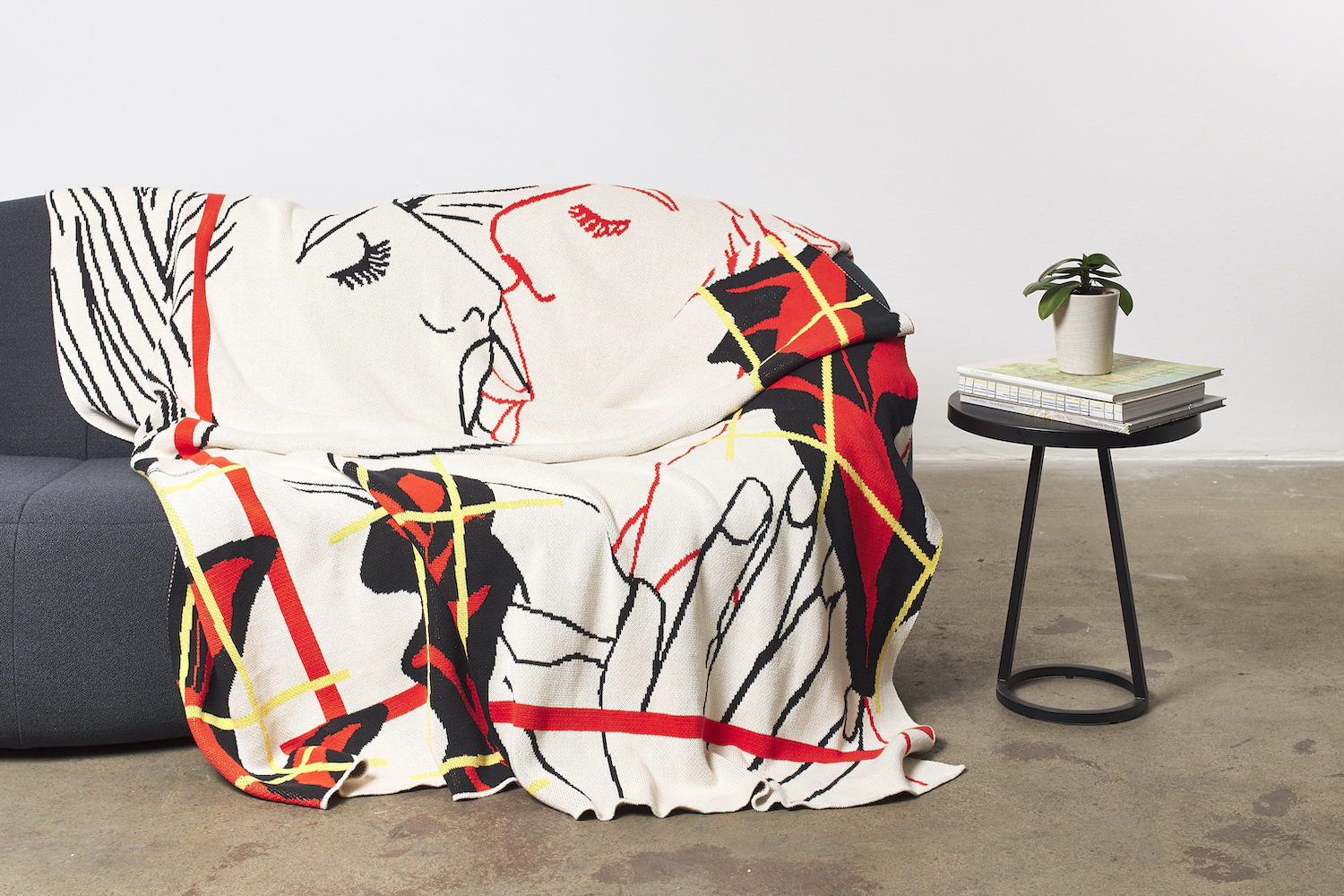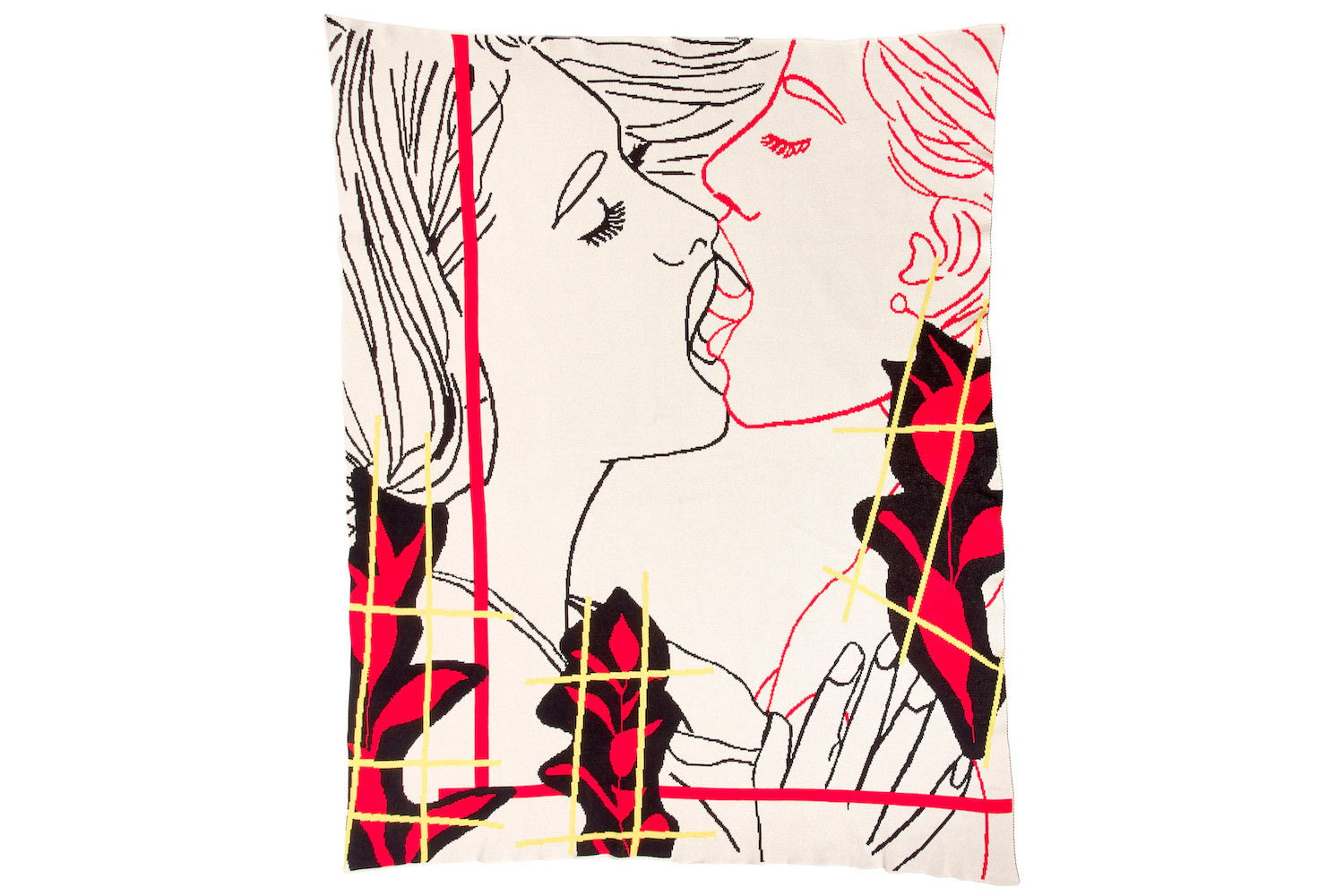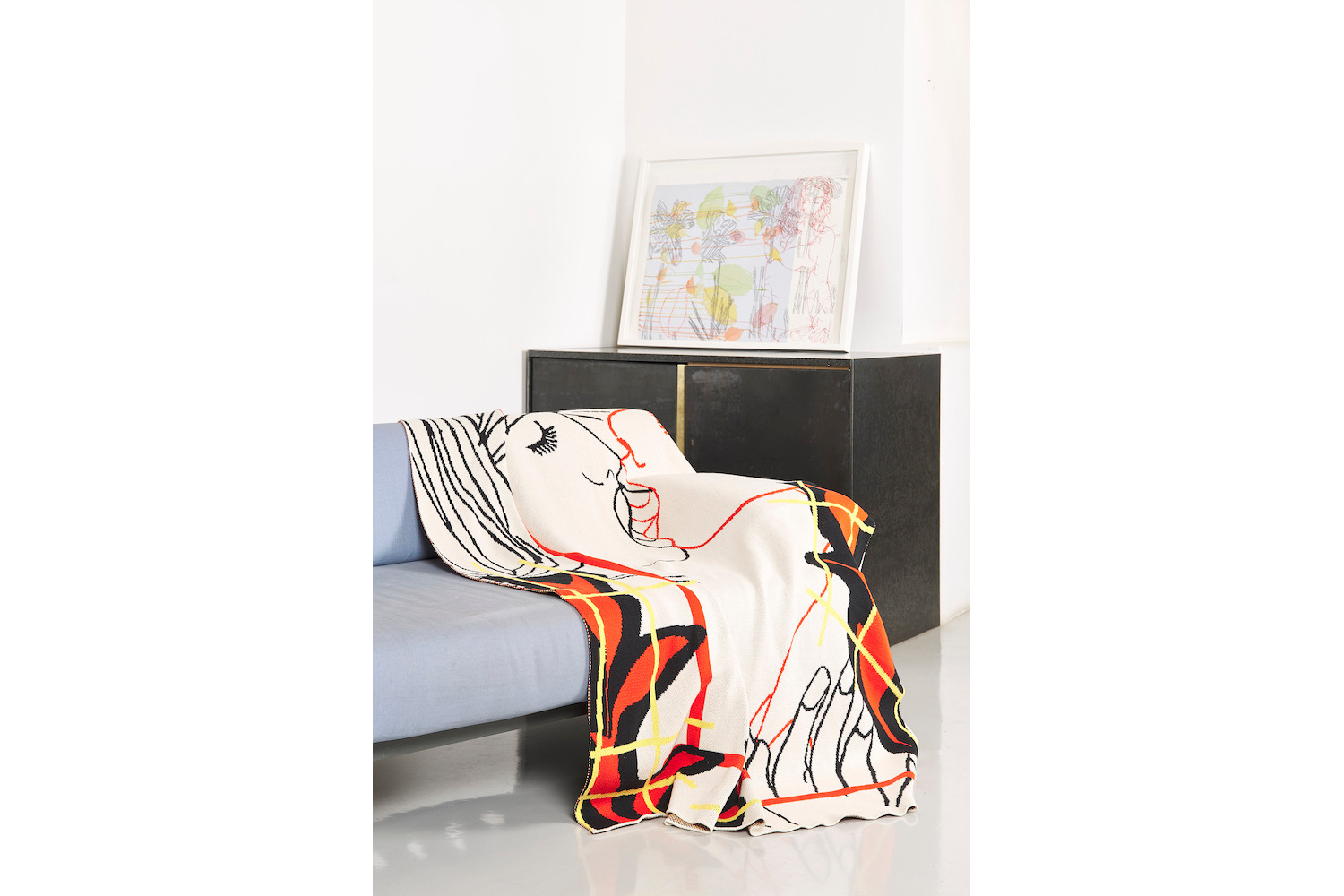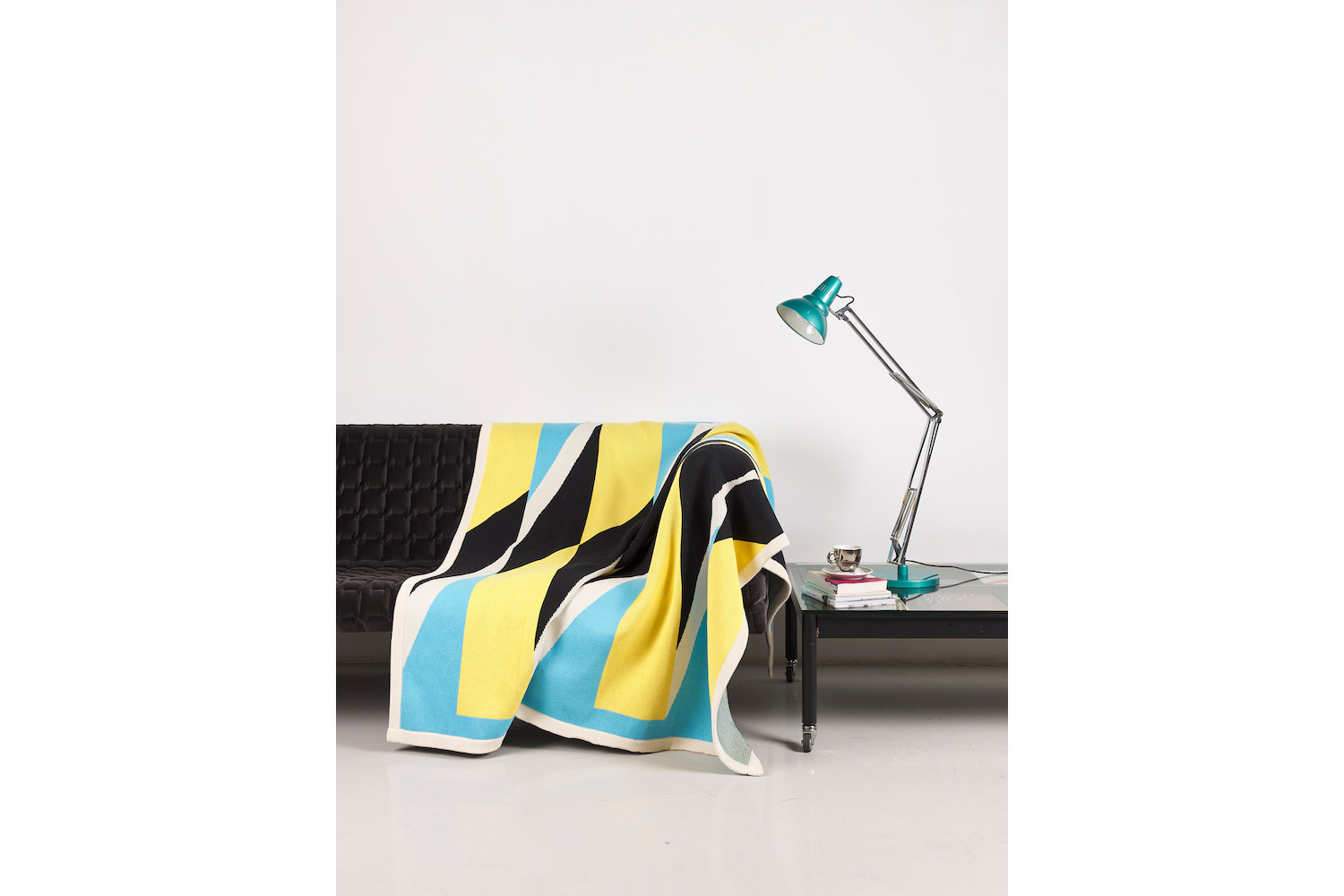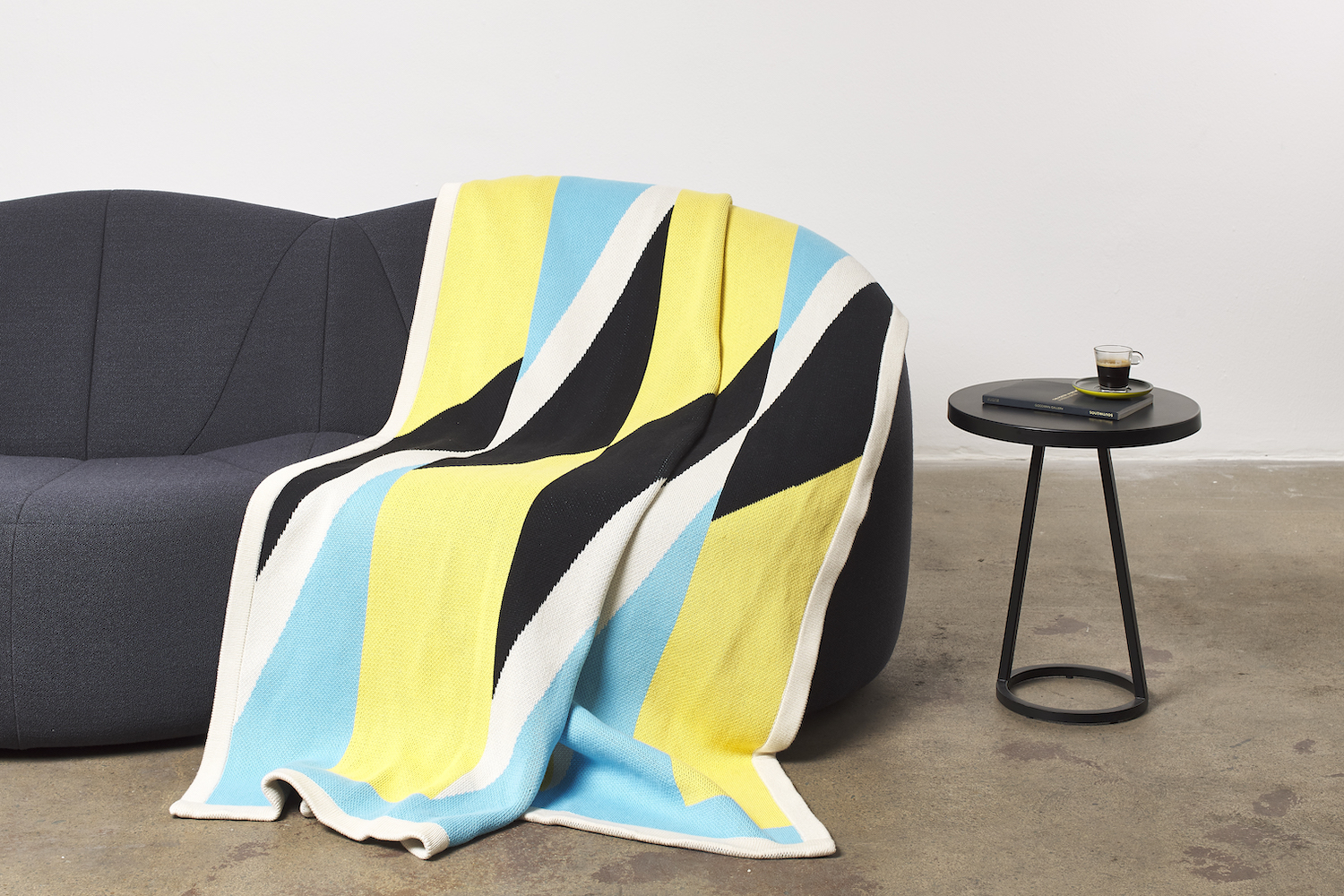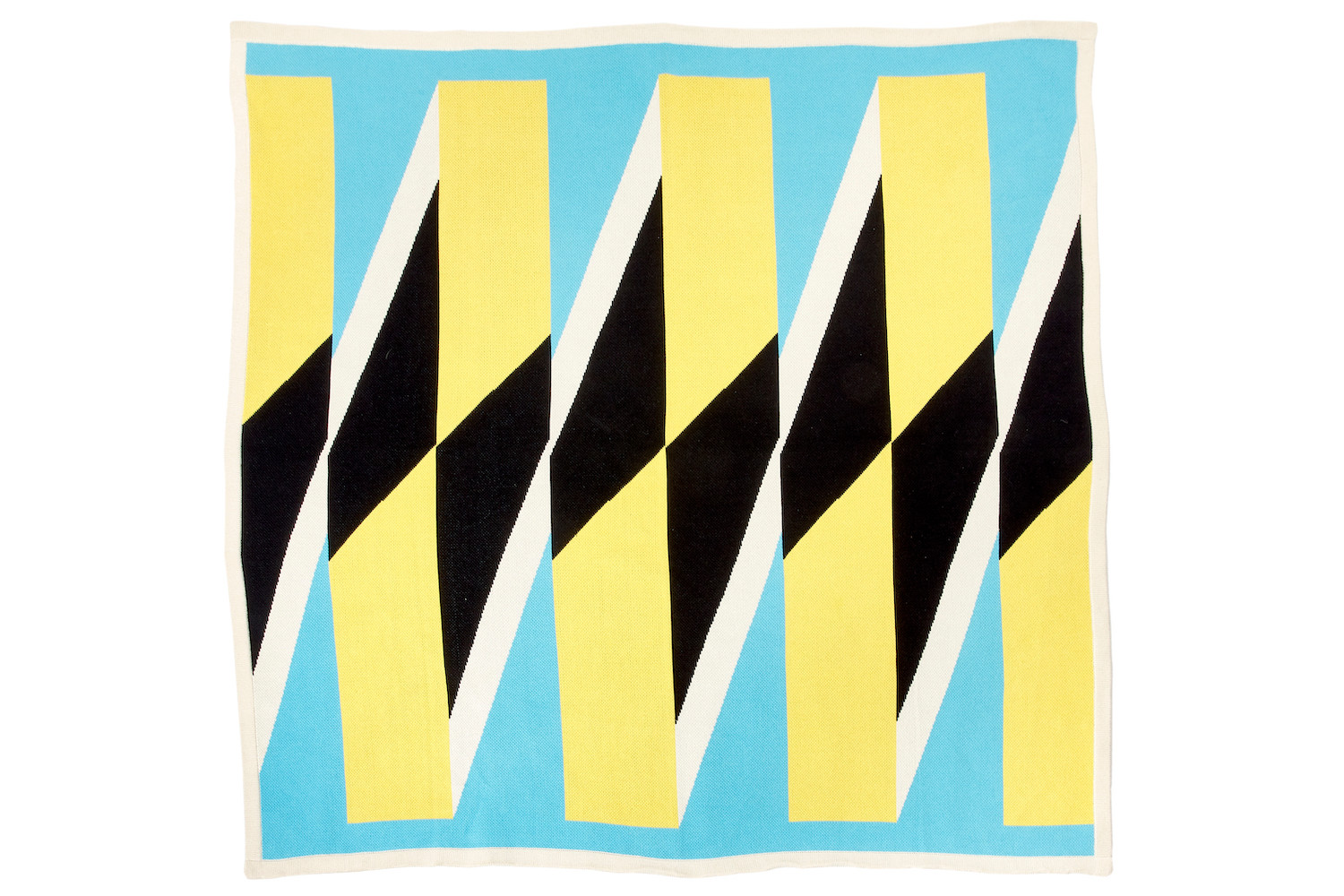Just over one month ago the city of Cape Town was roaring with art and promise. Foreigners flocked from around the globe to attend the eighth edition of Investec Cape Town (February 14–16) alongside the inaugural Stellenbosch Triennale, the latter aiming to transform Stellenbosch into the primary destination for multidisciplinary and large-scale art in Africa. At Zeitz MOCAA, the fortress-like museum for contemporary African art situated on the V&A Waterfront, there was the inauguration of Malian artist Abdoulaye Konaté’s new site-specific monumental appliqué tapestry gracing the wall of the museum’s BMW Atrium. The politicized, postcolonial art of renowned South African artist William Kentridge could be found jointly staged at the Zeitz MOCAA in “Why Should I Hesitate: Putting Drawings To Work” and at the Norval Foundation in the Steenburg Estate in “Why Should I Hesitate: Sculpture” at the Norval Foundation. The two shows constituted the artist’s largest exhibition in Africa in more than a decade.
There was much hope and fanfare in the air for a country still riddled by post-apartheid realities. Art has the power to bring people together even during times of woe, and the sentiment in February was of an art scene on the verge of expansion and a creativity economy responding to South Africa’s gloomy 2020 economic predicament (according to SA Reserve Bank (SARB), economic growth in 2020 would be reduced to around 1 percent — less than the 1.4–1.6 percent range expected in 2019).
Cape Town was recently named Africa’s leading art capital in The South African Art Market: Pricing & Patterns, beating Lagos, Marrakech, and Johannesburg. The report was produced by Corrigall & Co, a South African–based art research consultancy, after an intensive survey of 52 commercial art galleries, art fair price lists pertaining to 194 artists, and 198 exhibitions across the continent.
The upbeat mood and swift sales at the recent Investec Cape Town supported the report’s findings, with art being purchased by South Africans and foreigners alike for price ranges starting in the four digits up to the six digits.
Italian fair director Laura Vincenti’s mission this year was to shine a spotlight on galleries from the African continent within an international art fair context. To this end, out of 101 participants, 64 hailed from Africa, of which 50 were South Africa–based. “We wanted the fair to be a marketplace for younger collectors, artists, and galleries,” stated Vincenti.
According to recently launched Cape Town–based African intelligence platform cur8.art, where collectors can upload, track, and manage their collections, the majority of visitors to the fair were females below the age of 39. “Fifty-three percent were repeat visitors, compared with 51 percent in 2019 and 40 percent in 2018,” said cur8.art cofounders William Theron and Gareth Lloyd in a study surveying 378 visitors over three days. “Buyers were also more likely to be age 40 and above and male.”
Other studies produced by cur8.art show how from 2016–17 the South African secondary art market experienced a rapid increase in sales, then a slight dip since 2018. “Current levels (2019) at over R350 million are still far beyond what they were in the early 2000s, highlighting the expansion of the South African art scene,” said Theron and Lloyd.
But now there’s COVID-19, and South Africa, like other nations around the world, went into a twenty-one-day lockdown on Friday, March 27. According to Bloomberg, South Africa’s economic growth hasn’t been able to return to its pre-2008 levels. As Africa’s most industrialized economy, it is now set to contract on an annual basis for the first time since 2009 due to the nationwide lockdown.
So how is Cape Town’s promising art scene forging its way forward amid current economic and social woes?
“During the art fair in February, the world was a different place,” said director Linda Pyke. “Very soon after this we realized the pandemic was spreading worldwide, the situation was serious, and we had to act fast. As an upcoming gallery, with a lean operating model, we can more easily change and adapt.”
The gallery has extended its current exhibition, “Different Angles: Johno Mellish | Nyasha Marovatsanga,” to the end of April, to be followed by a show of works by photographers Carol Beckwith and Angela Fisher from April 8. The exhibitions are viewable online. “We first spoke to all our artists to advise them to keep their costs low, as there would be economic repercussions which would affect the art market,” said THK Gallery founder Frank Schönau. “As the situation developed, we started researching various online platforms to keep the gallery active during the slowdown, shifting our focus to strengthening our online presence to better connect and engage our collectors, and to build an audience for when the market recovered.”
Younger, smaller-sized galleries, with just one branch, such as THK, are more readily able to adapt to the swift change of circumstances that COVID-19 has brought on.
A number of galleries have already started engaging audiences online, especially in light of exhibition openings scheduled for March/April, said Mia Louw, sales and marketing consultant for cur8.art.
Stevenson, for example, inaugurated its first solo show for Thenjiwe Niki Nkosi, titled “Gymnasium” on March 26 on Instagram and online.
“Like all galleries we are temporarily closing our physical spaces and moving online, although we are already fairly online in terms of our website and being part of Artsy,” said Marc Stanes, co-founder of EBONY/CURATED, which has spaces in Cape Town and Franschhoek. “We are continuing our program but possibly reducing some of the exhibitions planned. Our group show in May, centered around individual female artists from our Cape Town gallery, will be a purely online show.”
“Swift adaptation is the name of the game, as none of us know how long we will be in lockdown here or when we will be able to open our physical spaces again,” continued Stanes. “Flexibility long-term is absolute key — and having a strong online presence.
Goodman Gallery, which has branches in Cape Town and Johannesburg and recently opened a new space in London, is currently selling artist-designed blankets to raise funds in support of Witkoppen Health and Welfare Clinic in South Africa, which services 1.3 million people across the most deprived communities in Johannesburg. The limited-edition blankets are designed by gallery artists Ghada Amer & Reza Farkhondeh, Broomberg & Chanarin, Nolan Oswald Dennis, and Samson Kambalu. Each blanket is an edition of fifty, available for sale for £ 500.
“We have been busy equipping our exceptional team, on three continents, to work remotely and continue the gallery’s fifty-three-year commitment to championing great art during challenging times,” said owner and director of Goodman Gallery, Liza Essers. “Over the coming weeks, Goodman Gallery will transform its channels to create new ways through which to experience art, including innovative viewing rooms, virtual experiences, and podcasts launching across the gallery’s website, social media, and newsletters.” This includes an online film festival of works by Shirin Neshat.
Artists themselves are going to lengths to use quarantine as a way to generate more art. Artist Alice Angela Toich Sanchez has launched #21DaysOfArtSA with the tagline “Make Art, Not Contact” on her Instagram, urging everyone, whether you are an artist or not, to create an artwork responding to her daily “challenge” in whatever medium you wish.
With a ray of hope, South African auction house Strauss & Co witnessed its most financially successful online auction for its recent Modern, Post-War and Contemporary Art, Decorative Arts, and Wine Online Sale, which took place from March 4–16, totaling R5,099,261 ($284,214) up from a pre-estimate of R5,685,400-7,894,500 ($315,760-438,451).
“While we were not yet in lockdown during the March online auction, COVID-19 was looming and we were not sure how it was going to affect the sale,” said Strauss & Co. art specialist Jean le Clus-Theron. “The April Online auction starting on the 6th will provide a well-needed distraction and add some excitement and a sense of connectedness while in a state of lockdown.”

